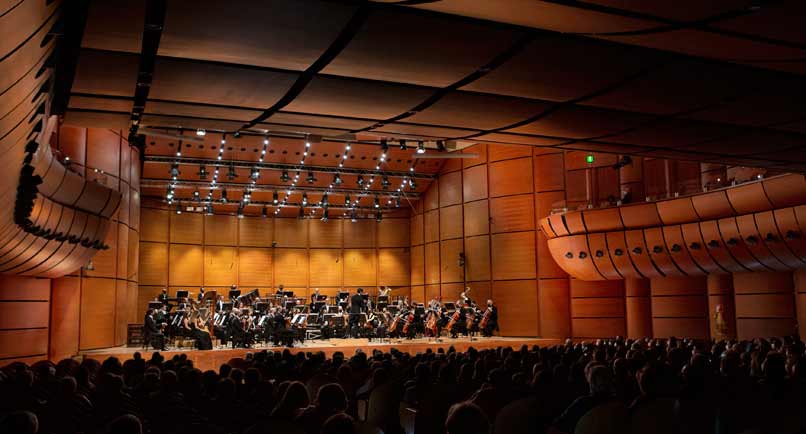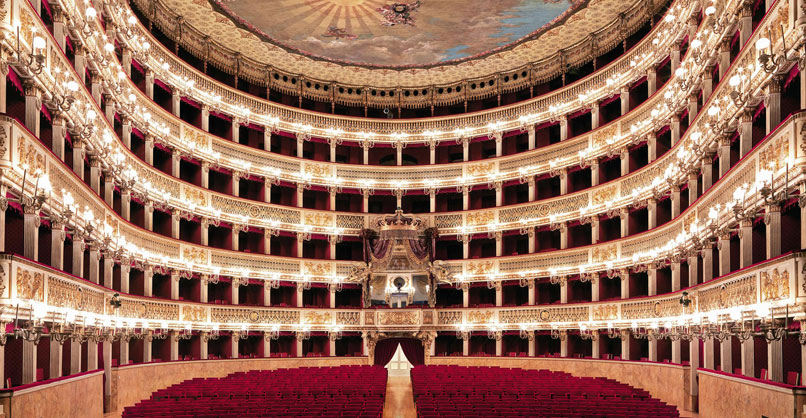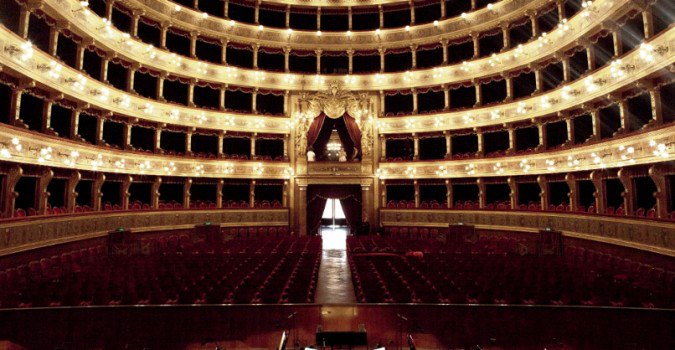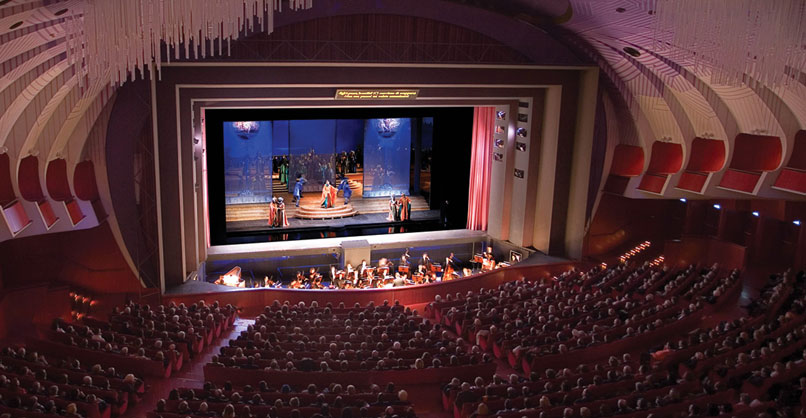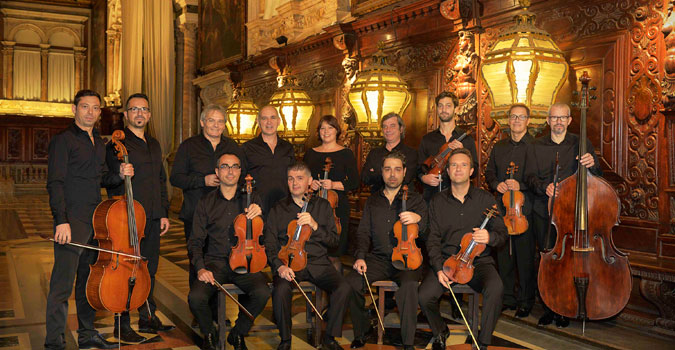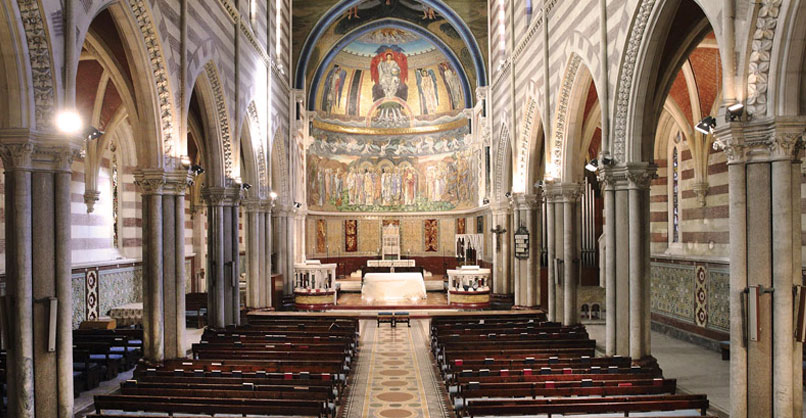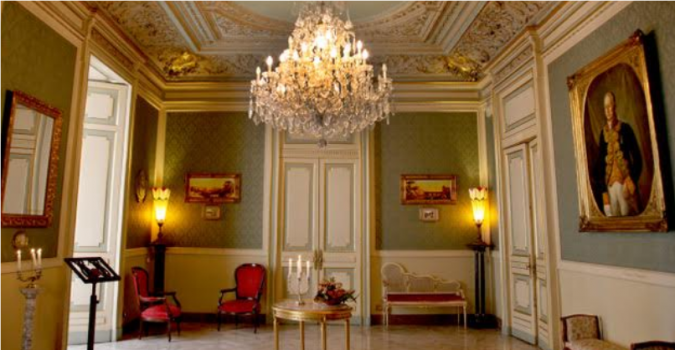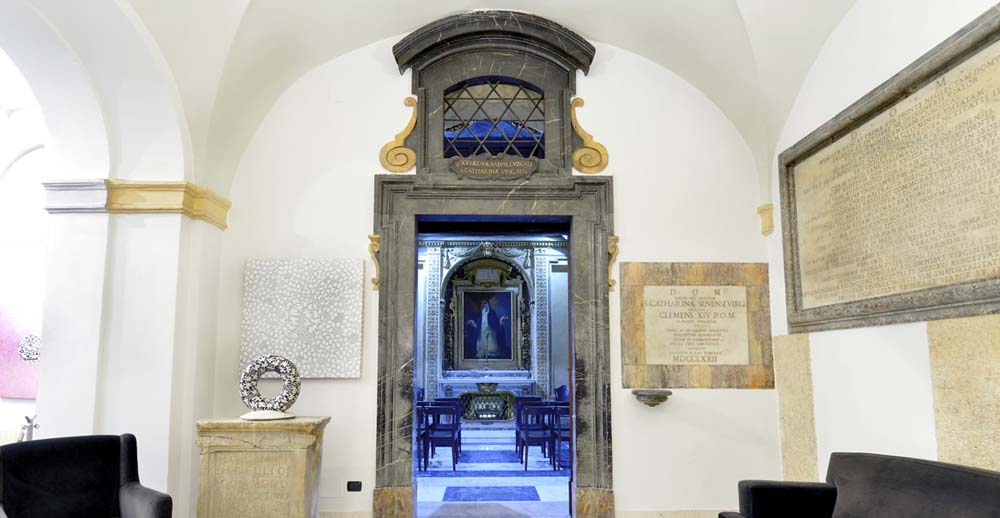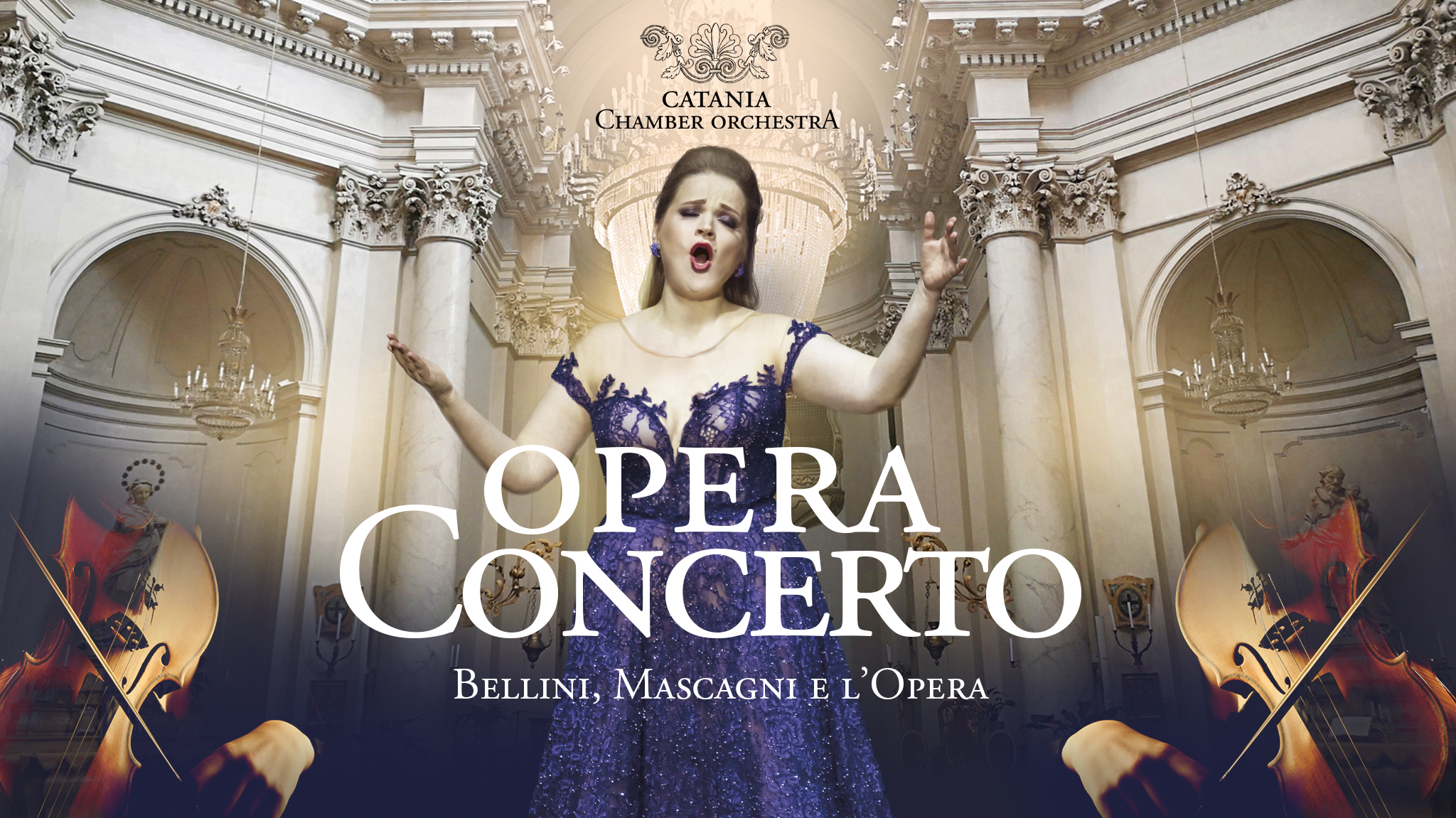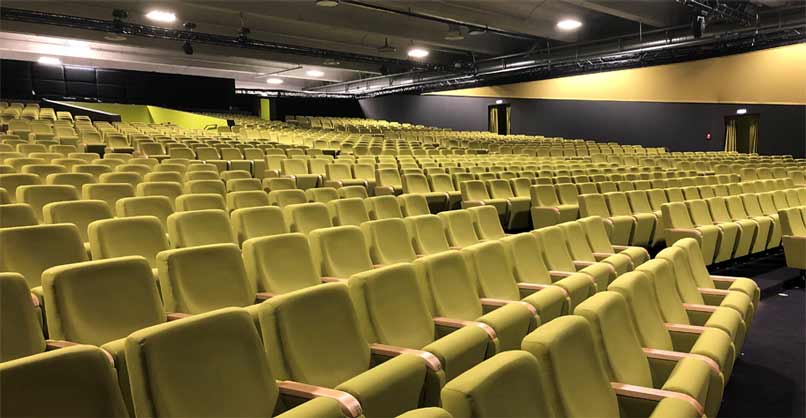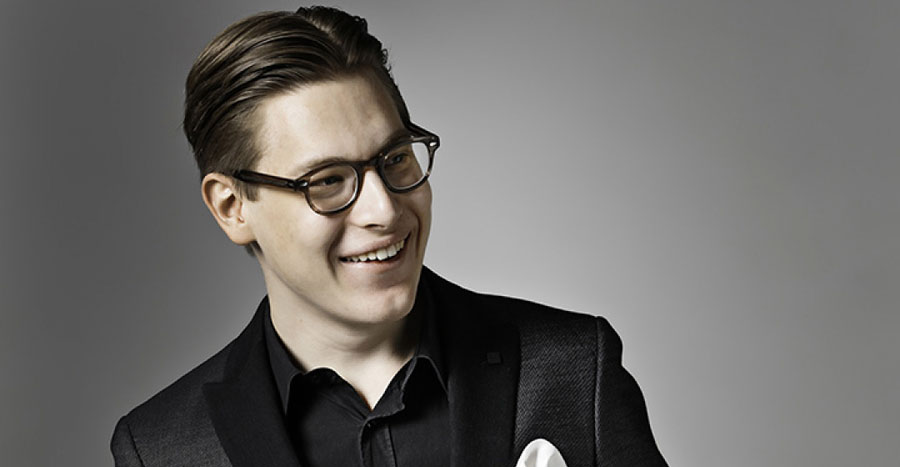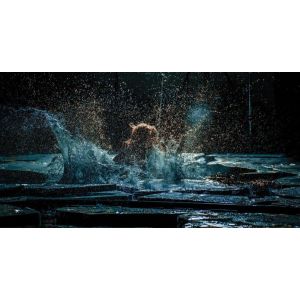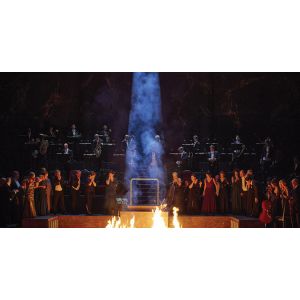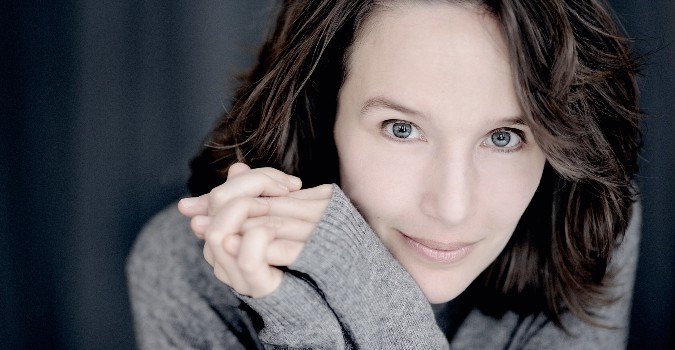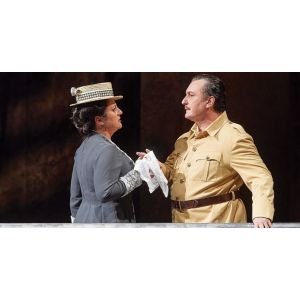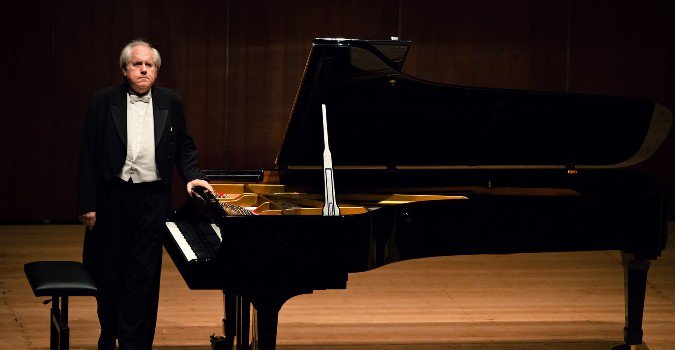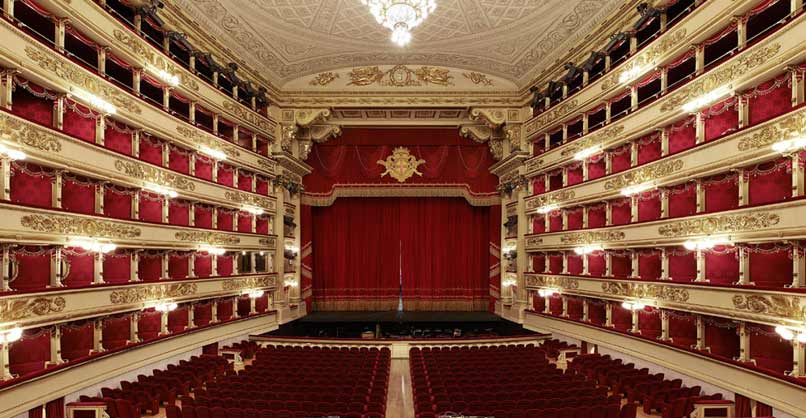
Teatro alla Scala
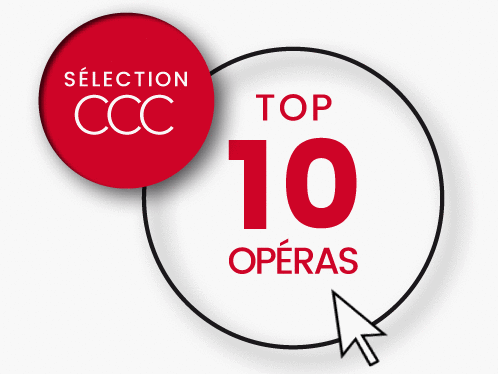 Find the complete 2023-2024 Milan Teatro alla Scala Season
Find the complete 2023-2024 Milan Teatro alla Scala Season
Music & Opera offers Milan Scala Opera tickets through an Opera Tour to Milan: Scala ticket + Hotel + visit
SEE ALL SCALA OPERA TOURS HERE
Teatro alla Scala is a hall that has built its legend thanks to the composers, artists and performances that have marked the history of opera. All music lovers expect to experience great emotions in the temple of opera. Music & Opera offers complete musical stays: performance and accommodation.
This 2023-2024 season offers them more than one opportunity to experience music intensely.
The first major event of the season is, as always, the opening performance on 7 December, the day of Saint Ambrose, patron saint of the city. Riccardo Chailly, the great conductor and artistic director of La Scala, has chosen Verdi's Don Carlo for the décember 2023.
The Corpo di Ballo del Teatro alla Scala is one of the most renowned dance companies in Italy, if not the most prestigious, and it is divided between contemporary and classical dance. The Nutcracker, Romeo and Juliet, Swan Lake and The Corsair are performed in the famous choreographies of Rudolf Nureyev, Kenneth MacMillan, Marius Petipa and Lev Ivanov.
La Scala also offers incredible singing recitals with great tenors and sopranos. Recitals by fabulous pianists are also great opportunities to visit La Scala,. On the concert side, thanks to the work of Riccardo Chailly, the Orchestra del Teatro alla Scala is now an orchestra that ranks among the great symphony ensembles of Europe.
To enter the legend, Music & Opera offers complete musical stays including: tickets for a performance at Teatro alla Scala and accommodation
Find the programme sorted by date and book your concert, opera and ballet tickets:
Teatro alla Scala | 21 Performances
Filter by 
Cavalleria Rusticana - Mascagni / Pagliacci - Leoncavallo
The 28/04/2024
 First Steps
First Steps
 Highlight
Highlight
 Highlight
Highlight
Cavalleria Rusticana - Mascagni / Pagliacci - Leoncavallo
From 30/04/2024 to 05/05/2024
 First Steps
First Steps
 Highlight
Highlight
Mercadante / Bellini / Donizetti / Schubert / Rodrigo / Nin / de Falla / Sorozábal / Barbieri
The 19/05/2024
 Highlight
Highlight
 First Steps
First Steps
 Highlight
Highlight
Trip in Milan
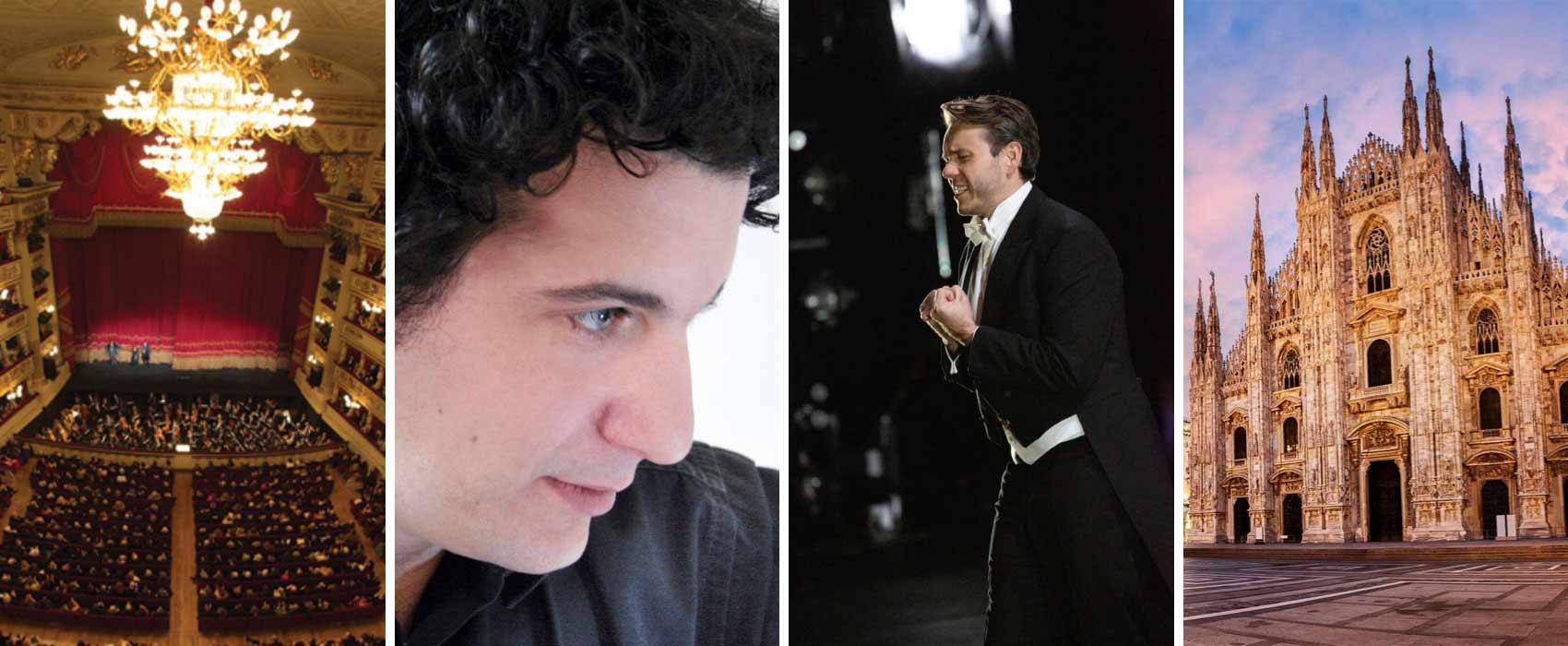
Milan from 27/06 to 29/06: Werther with Benjamin Bernheim
Benjamin Bernheim is today the greatest French tenor capable of sublimating a favourite role. Massenet's Werther, an absolute masterpiece, is on the bill at La Scala with a dream cast.
thu. 27 June 2024 to sat. 29 June 2024
2 nights
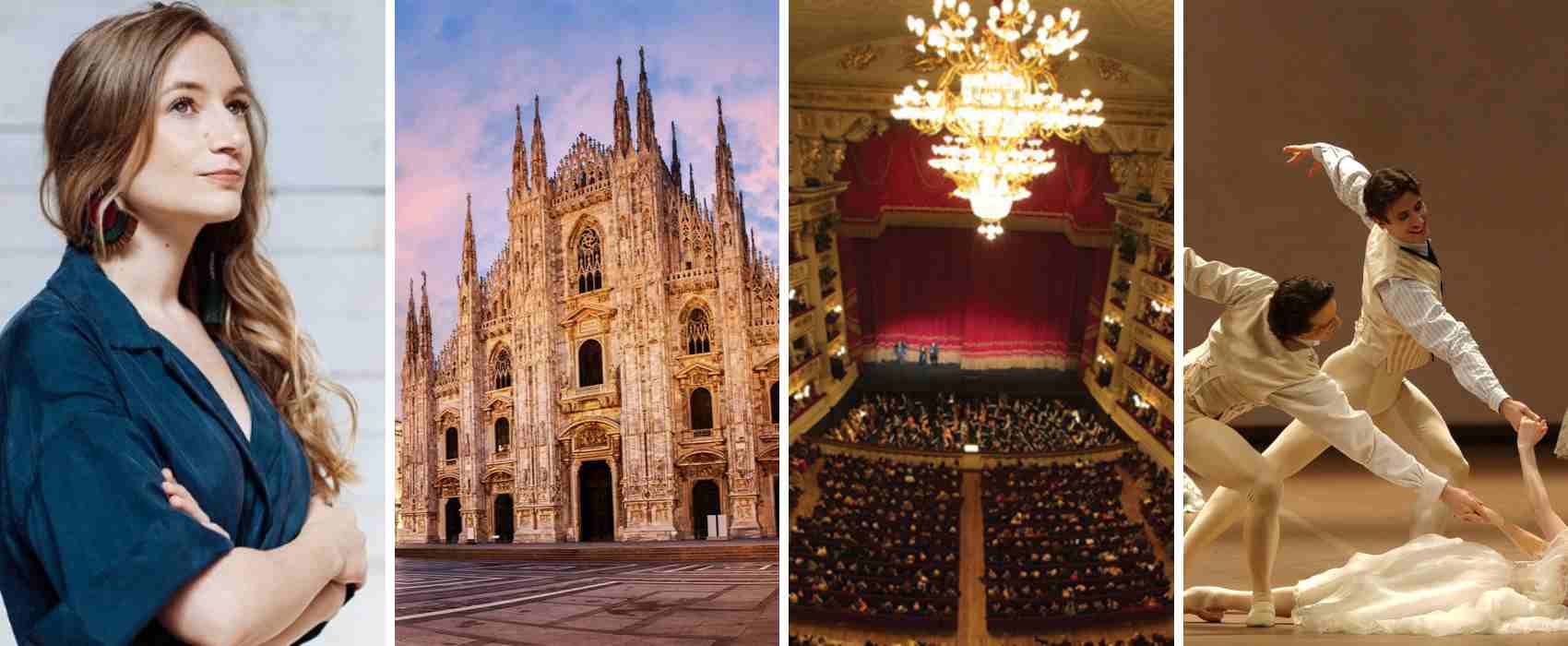
Milan from 14/10 to 17/10: Strauss and Chopin at La Scala
Two dream evenings at the Teatro alla Scala are on offer during this stay, where refinement is the watchword, with Strauss's Le Chevalier à la rose and the ballet La Dame aux Camélias.
mond. 14 October 2024 to thu. 17 October 2024
3 nights
 Highlight
Highlight
 Highlight
Highlight
Wagner / Massenet / Verdi / Leoncavallo / Moniuszko / Tchaikovsky / Pergolesi / Saint-Saëns
The 23/06/2024
 Highlight
Highlight
 Highlight
Highlight
Other Venues in the same City
Other Venues in the same Country
Highlights in the World
-
International Agency Your ticket for an unforgettable evening around the world
-
Ticketing Agency Classical music and opera experts for over 20 years
-
+48.000 spectacles Operas, Concerts and ballets in prestigious Venues
-
Advice Music specialists can help you make the best choice, call us at +33 1 53 59 39 29



